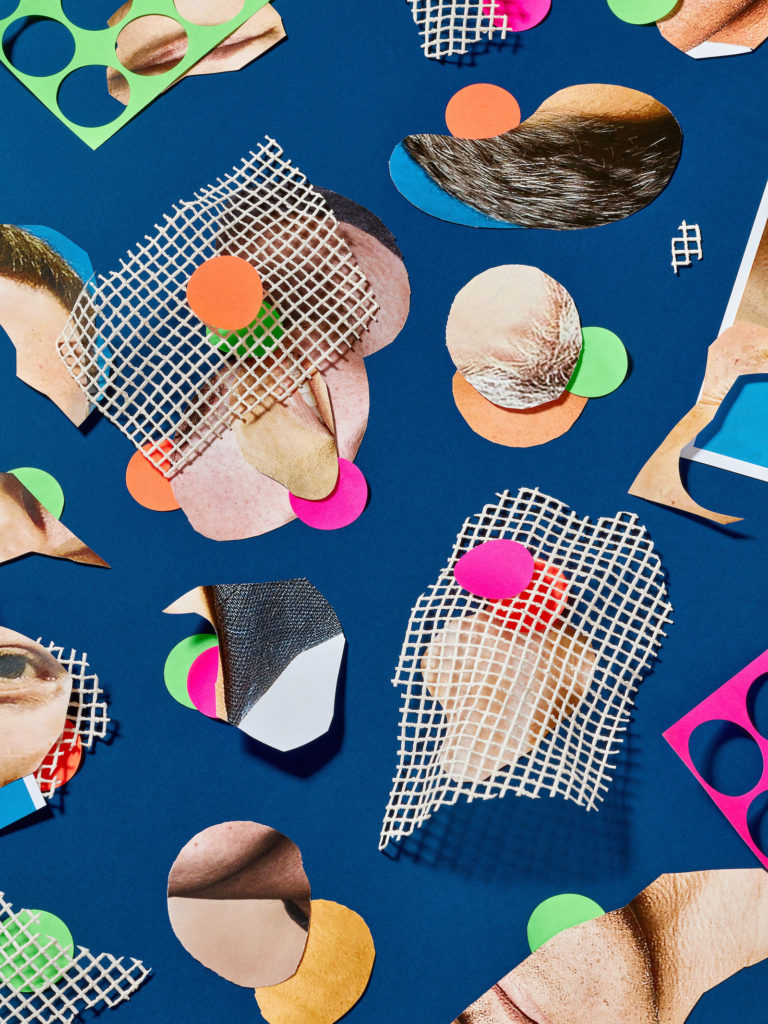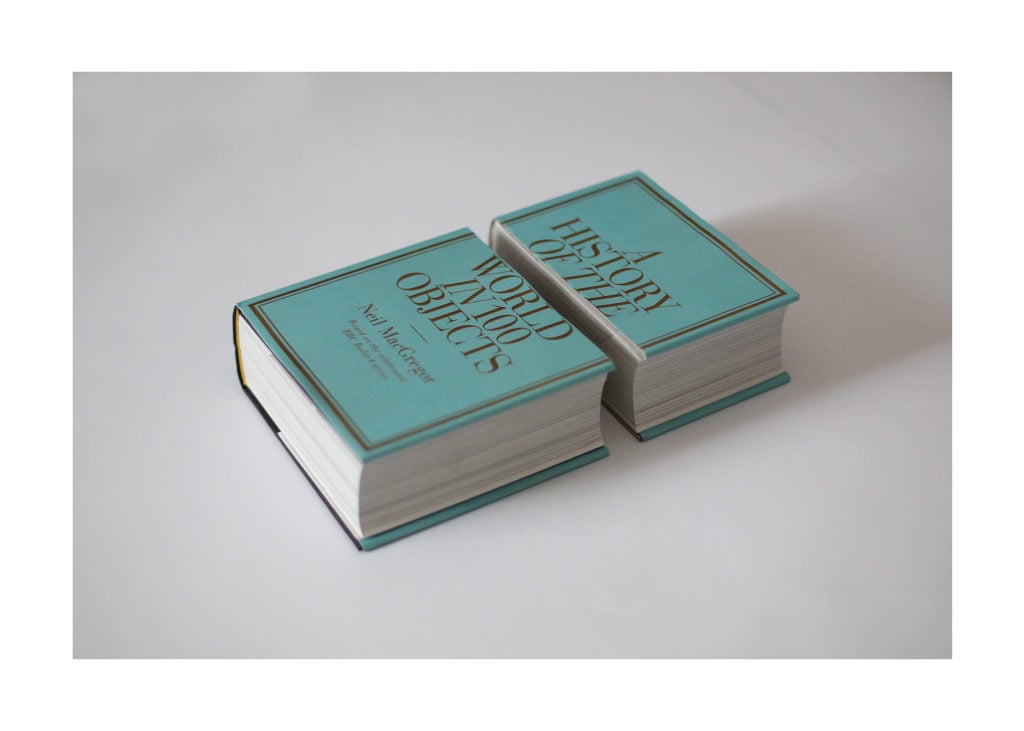Market
Art Fairs Used to Be Their Portal to the World. Now Galleries in Serbia, Romania, Greece, Hungar, and Other Southeastern European Countries Are Uniting Online
"Not Cancelled East x South" runs May 17-19.

"Not Cancelled East x South" runs May 17-19.

Artnet News

A group of galleries across eastern and southern Europe are joining forces to stage a week’s worth of online programming—including virtual interviews, artist talks, studio visits, and a digital exhibition—while their physical spaces are closed.
The event is the latest iteration of Not Cancelled, an initiative launched for Vienna galleries last month that has since expanded to parts of Western Europe and the US.
From May 12 to 19, galleries in Hungary, Romania, Serbia, Kosovo, Bulgaria, Greece, Turkey, and Georgia will unite for Not Cancelled East x South, organized by the heads of Sariev gallery in Plovdiv, Bulgaria, and LambdaLambdaLambda in Pristina, Kosovo.
“We hope this will give some visibility to all the galleries in the wider region,” Isabella Ritter and Katharina Schendl, co-owners of LambdaLambdaLambda, told Artnet News in a joint email, noting that they want to show the “bigger picture of what is happening in this part of Europe.”
“Many of us are part of the global system of art fairs, which we participate in to make a wider audience aware of our programs. But we won’t be able to do that for a while.”

Zsolt Asztalos, My story – My version I (2015). Courtesy of Ani Molnár Gallery.
Each participating gallery will present one artist from their roster, while many will also stage additional programs. LambdaLambdaLambda will arrange a remote poetry reading by artist Dardan Zhegrova. Ani Molnár, a dealer in Budapest, will host a gallery walkthrough with artist Zsolt Asztalos, whose current exhibition is still on view. The full lineup of programs will be announced today on the event’s website.
“While the overall structure we rely on—constant mobility, art fairs, museum shows—totally crashed, it also gave us space to re-think some things and find different solutions, some of which would have been not accepted only a couple of months ago,” saidRitter and Schendl. “The art market as we know it wasn’t healthy for a long time. Maybe this ‘crisis’ will create some new opportunities and break up the hegemonies that weren’t really productive anymore.”